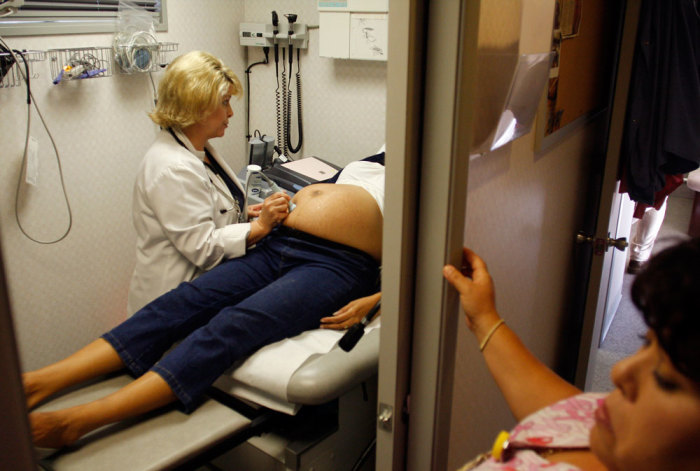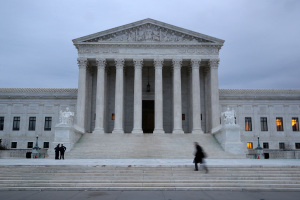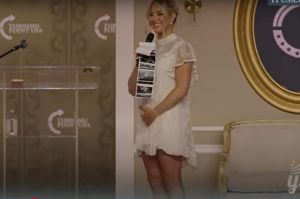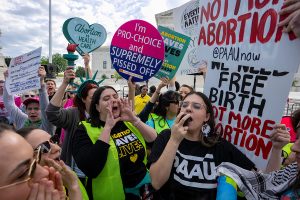Judge Rules Ultrasound Provision of N.C. 'Woman's Right to Know Law' Is Violation of Free Speech

A recent ruling against the ultrasound provision of North Carolina's Woman's Right to Know Law turns the First Amendment on its head, according to North Carolina Christian Action League Executive Director Dr. Mark Creech, who is urging the state to appeal the case.
Ironically, U.S. District Judge Catherine Eagles' ruling, released Jan. 17, said the portion of the law that would require a medical provider to describe a baby's image as it appears on the monitor, violates constitutional free speech.
"Who speaks for the unborn child? It cannot speak. Without the ultrasound provision, it has no voice," Dr. Creech said. "Judge Eagles' decision denies even the child's very presence in the womb to speak for itself."
He said the ruling, issued two days before Sanctity of Human Life Sunday, "represents a new low by judicial activists who impose an interpretation on the Constitution that would make the founders spin in their graves" and that it does "terrible violence" to the First Amendment.
Judge Eagles, who had issued an injunction against that specific portion of the law before it was ever implemented, wrote in her decision that, "The state has not established that the speech-and-display provision directly advances a substantial state interest in regulating health care, especially when the state does not require the patient to receive the message and the patient takes steps to avoid receipt of the message."
She further called the information, an "ideological message in favor of carrying a pregnancy to term" and said states cannot make a healthcare provider deliver their message.
But Rep. Paul Stam (R-Wake) pointed out that nothing in the law would require a doctor to "say anything that is not truthful or that is misleading."
While the American Civil Liberties Union, which had joined Planned Parenthood and the Center for Reproductive Rights in the lawsuit, claimed the Woman's Right to Know Law would interfere with the doctor-patient relationship, supporters of the law, which passed overwhelmingly via a bipartisan override of then-Gov. Bev Perdue's veto, wanted to make sure women were fully informed before making a decision regarding abortion.
"One of the critical reasons for this legislation is that many women complained that they were never shown an ultrasound even though abortion centers routinely perform them to determine the unborn child's age before an abortion procedure," explained Dr. Creech. "To rule against the ultrasound requirement — that only by a woman's consent the doctor avail her of an opportunity to see and learn about her fetus — is a suppression of free speech — suppression of a woman's right to know all the information that helps her make an intelligent decision about the procedure."
He cited U.S. Supreme Court Justice Anthony Kennedy, who wrote in Gonzales v. Carhart in 2007, "Whether to have an abortion requires a difficult and painful moral decision .... The State has an interest in ensuring so grave a choice is well-informed. It is self-evident that a mother who comes to regret her choice to abort must struggle with grief more anguished and sorrow more profound when she learns, only after the event, what she once did not know..."
In addition to the ultrasound provision, the Woman's Right to Know Law includes a 24-hour waiting period prior to an abortion and ensures that women are given information regarding resources in the community for pregnancy care. It was not only popular among pro-life advocates, but passed the Legislature by a vote of 72-47 in the House and 29-19 in the Senate.
"Court rulings of this nature give evidence we are swiftly losing our status as a representative democracy and are very much becoming an oligarchy — a government by the few, a government whose powers are derived from a dominant class or clique," Dr. Creech lamented. "This is what we get from liberal elitists who don't rely on original intent, but see the Constitution as a 'living document' — something malleable. I know of no greater miscarriage of justice or corruption of American jurisprudence than court decisions of this kind."





























